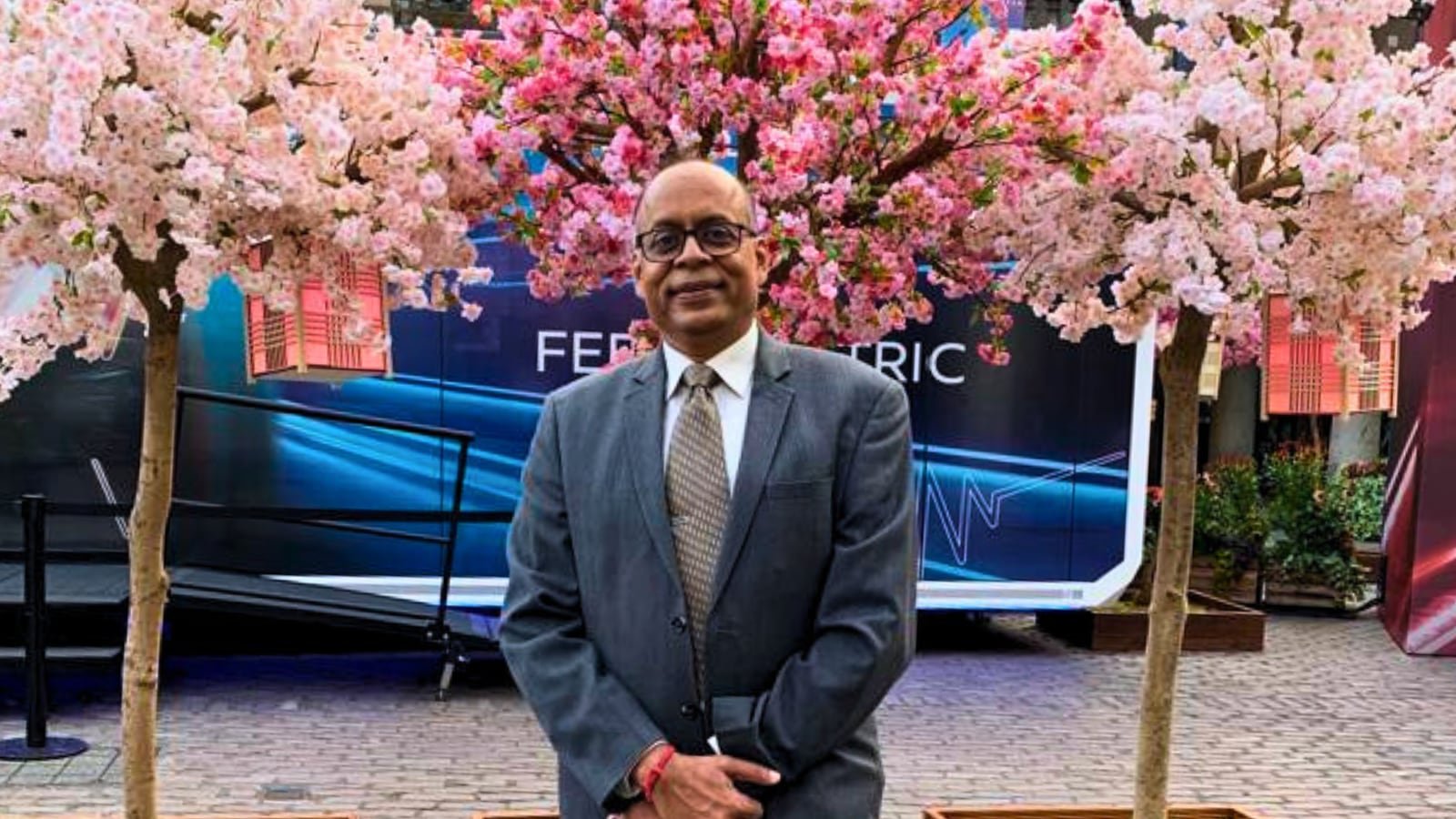In a significant development, Jawaharlal Nehru University (JNU) has officially suspended its Memorandum of Understanding (MoU) with Inonu University, located in Turkey. This decision was taken amid serious national security concerns, according to internal sources within the university and government officials.
The MoU, which was signed in 2015, had facilitated academic collaborations, including joint research projects, faculty exchanges, and student programs between the two institutions. However, the geopolitical climate has changed considerably since then, prompting Indian institutions to reassess their international partnerships, particularly with countries considered sensitive or strategic from a national security standpoint.
Why Was the MoU Suspended?
Although JNU has not released a detailed public statement explaining the exact reasons, sources suggest that the decision followed intelligence inputs indicating possible misuse or risks associated with continued collaboration. The University Grants Commission (UGC) and the Ministry of Education had earlier advised higher education institutions to thoroughly evaluate MoUs with foreign institutions, especially in countries with which India has complex diplomatic relations.
This move is not isolated. In the past few years, India has grown increasingly cautious regarding its global academic alliances. With rising concerns over data protection, cyber security, and the potential for intellectual property leakage, institutions have begun aligning their strategies with national security frameworks.
Implications of the Suspension
This suspension could have several short- and long-term consequences:
- Academic Impact: Students and faculty involved in joint research projects with Inonu University will have to terminate or realign their work with other institutions.
- Diplomatic Signals: It reflects India’s broader strategic recalibration when it comes to its international educational and research engagements.
- Precedent for Others: The move might prompt other universities to re-evaluate their collaborations, especially those that involve countries under geopolitical scrutiny.
Reactions from the Academic Community
The academic community is divided in its response. Some scholars and educationists support the suspension, arguing that national security must take precedence. Others, however, view the decision as a blow to academic freedom and openness in global knowledge exchange.
Dr. Anjali Mehta, a professor of international relations, stated, “While it is important to ensure national interests are safeguarded, universities should also strive to remain spaces of open dialogue and research.”
Broader Context of Indo-Turkey Relations
The suspension of this MoU also needs to be seen in the broader context of India-Turkey diplomatic relations. Over the past few years, tensions between the two nations have risen, primarily due to Turkey’s stance on issues like Kashmir and its increasing closeness with Pakistan.
Inonu University itself is a state-run institution in Turkey. Any institutional tie-up with such an entity might be viewed through a geopolitical lens, especially if the parent country adopts an unfriendly posture towards India.
Future of International MoUs in Indian Academia
This event may signal a shift in how Indian universities approach international cooperation. Expect more scrutiny of foreign collaborations, mandatory background checks, and approvals from higher authorities before signing or renewing MoUs with overseas institutions.
Experts believe that moving forward, universities will likely focus on strengthening ties with institutions in countries aligned with India’s strategic and diplomatic interests, such as the USA, UK, Japan, Australia, and the EU.
Conclusion
The suspension of the MoU between JNU and Inonu University highlights the tightrope that academic institutions must walk—balancing the desire for global engagement with the imperatives of national security. As India’s academic ecosystem becomes increasingly global, the focus on secure and strategic international collaborations will only grow stronger.











